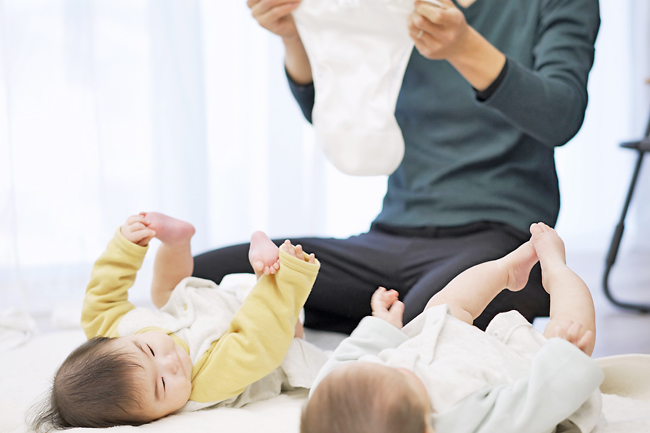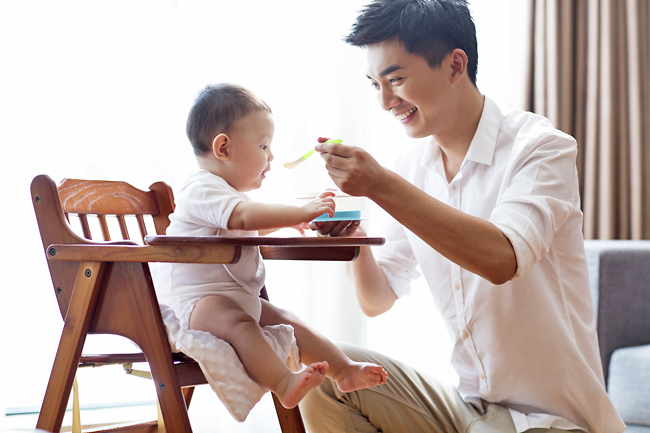AFP – In many countries around the world, a growing number of fathers are taking advantage of their parental leave to be more involved in providing care for their children.
Japan is one example where this is the case.
Given this shift, Japanese researchers set out to assess the impact of fathers’ growing involvement on young children’s health.
The study was based on data from 28,050 children from Japan’s largest birth cohort.
The degree of involvement was measured on the basis of the responses of the fathers included in the study, who were asked to indicate the frequency of their participation in tasks such as changing the baby’s diaper, feeding or helping the infant to fall asleep.
The researchers then analysed their responses, assigning them a score based on a scale of one to four.
The findings, published in the journal Pediatric Research, point to a clear advantage in children’s physical and psychological development at the age of three, when their fathers were heavily involved in their upbringing.


“Fathers’ high involvement in childcare was associated with a lower risk of developmental delay in gross motor, fine motor skills, problem-solving, and personal-social domains compared with low involvement,” the researchers stated.
They concluded: “Fathers’ active involvement in childcare during infancy may promote young children’s development, partially by reducing maternal parenting stress.”
Since 2010, Japanese law has allowed 12 months’ parental leave for both mother and father.
According to the latest estimates from Japan’s Health Ministry, the rate of fathers taking paternity leave has reached 17.13 per cent.
While this rate may seem paltry compared with that in France (67 per cent by 2021) or Finland (almost 80 per cent), it nevertheless reflects real progress in the Land of the Rising Sun, having increased ninefold since 2012.
The Japanese government has recently taken steps to increase the take-up of paternity leave.
Since April 1, 2022, a new law on paternity leave has required Japanese companies to inform all their employees about the possibility of taking parental leave.
But the gap with Japanese mothers remains enormous: their maternity leave take-up rate stands at 80.2 per cent.
The Japanese government therefore has a long way to go as it aims to see the paternity leave take-up rate rise to 50 per cent by 2025 and 85 per cent by 2030.









